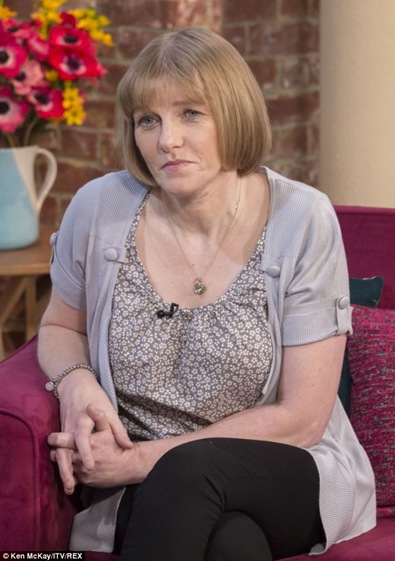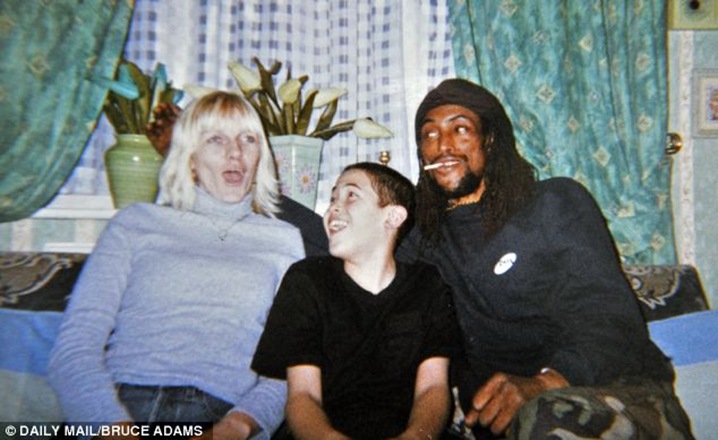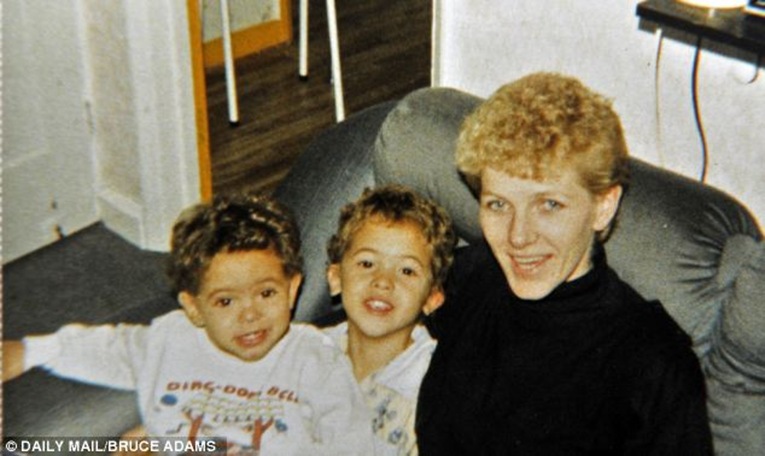Daily Mail
March 18, 2014

Emotionally bruised after the collapse of her 20-year relationship, Rachel Dilley hoped internet dating would provide romance, a boost to her confidence and, with luck, lasting love.
Just short of 40 and with three teenage children, she thought no one would be interested in her dating profile, which made clear that after two decades of monogamy she was looking for serious commitment, rather than a casual, no-strings relationship.
So she was surprised to find no shortage of men responding. The first date was a crushing disappointment but she hit it off instantly with the second man she met.
A builder in the same age bracket as her, Simon was charismatic and attractive. On their first restaurant date, he showered her with compliments. They liked the same kind of food and music, and he made her laugh and feel desirable again.
Attentive and easy company, he told Rachel he had two children from a previous relationship and — having fallen for him hook, line and sinker — it didn’t cross her mind to quiz him about his sexual history. Fear of causing offence prevented her from even broaching the subject.
Swept up in a whirlwind love affair, it seemed unthinkable to suggest they both undergo tests for sexually transmitted diseases before embarking on a physical relationship — but that’s exactly what she’d do if she could turn back time.

Within three weeks they were lovers and were soon talking about moving in together. She introduced Simon to her children, and was thrilled when they liked him as much as she did. But then, after just three months, it was all over.
Why? She was devastated to find a letter in his flat from another woman, suggesting he was also sleeping with someone else. It was a cruel blow to Rachel’s self-esteem. But the legacy of this ill-fated romance was to prove much more shattering than just a broken heart.
To her horror, she later discovered she had contracted HIV — a disease, she is ashamed to admit, she had always thought affected only people in Africa.
‘I can’t believe how little I knew about HIV and Aids. I thought it was something that happened to other people, not ordinary mums like myself,’ says Rachel, who lives in Harpenden, Hertfordshire.
‘I was completely ignorant. All I could remember was seeing a documentary about Aids victims in Africa and thinking it was a disease, such as malaria, which only happened somewhere else.’
Rachel, now 48, was diagnosed HIV positive after going to her GP following the break-up of her romance nine years ago, complaining of swollen glands, a sore throat, temperature, feverish chills and a small ulcer on her body.

‘The GP asked if I’d been abroad, because my symptoms were similar to malaria, but I hadn’t. When it was suggested I have an HIV test I agreed in the same way a teetotaller might agree to a police breath-test, convinced it would be negative.’
Two weeks later, Rachel was shocked to be told she was HIV positive. ‘My first words were: “Am I going to die?” I thought it was a death sentence,’ recalls Rachel, whose sons are now aged 30 and 28 and whose daughter is 26.
‘I knew nothing about HIV or Aids and everything I read on the internet terrified me. When I told my children, they were devastated. My daughter was so affected she couldn’t speak and my younger son said: “Are you going to die?” I couldn’t have felt more ashamed because I had no one to blame but myself.’
Today, if you were to walk past Rachel you would never even think to ask yourself if she was HIV positive. Well-groomed with an immaculate blonde bob, slim figure and warm smile, she looks like a healthy, attractive middle-aged woman.
With the advances in anti-viral medication, Rachel can expect to live a long and normal life. But with the stigma that still surrounds HIV, she wants other women who recklessly put romance before their own health to take heed of her story.
‘If you have cancer, people feel compassion for you, but with HIV you encounter prejudice and ignorance, she says. ‘Because it is contracted through sexual contact or blood, people assume you either sleep around or are a drug user who sticks shared needles in your arm.
